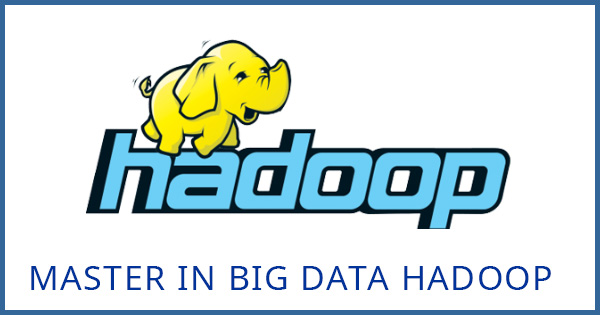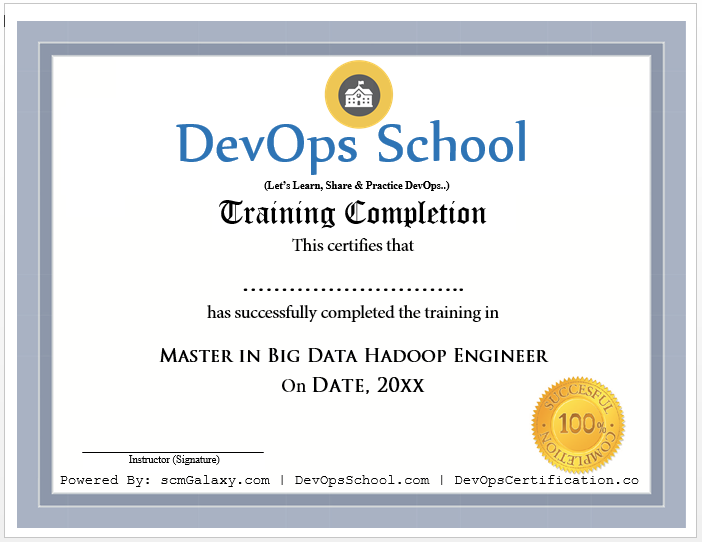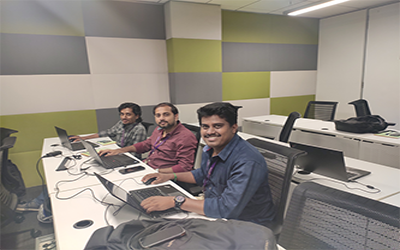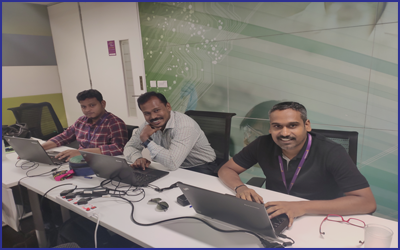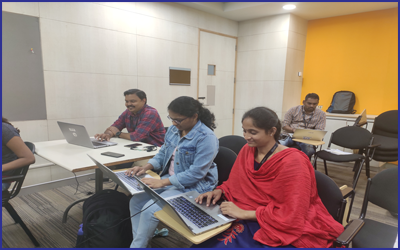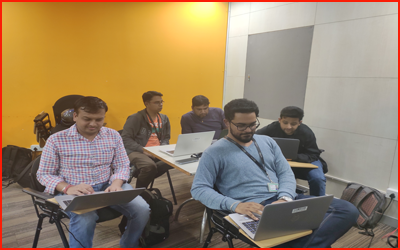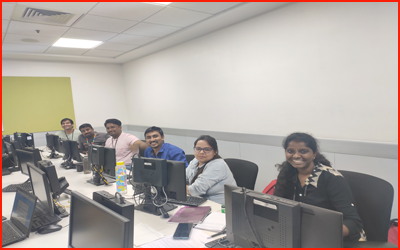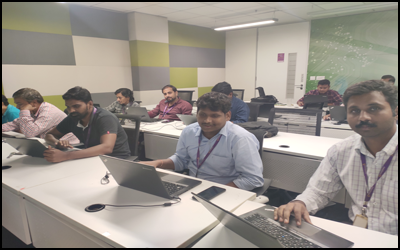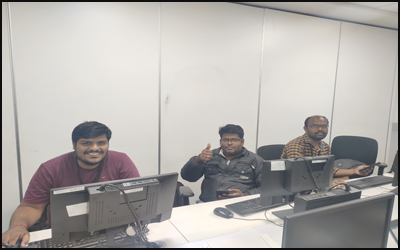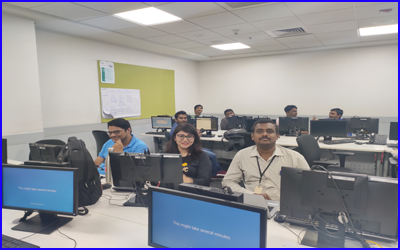The Big Data Hadoop training in Hyderabad is designed to help the candidates
achieve Hadoop certification exam. It also gives a complete overview of the Big Data Framework using
Hadoop and Spark. Learn to enhance your skills in using Spark for real-time data processing, including
parallel processing in Spark, implementing Spark applications It is a known fact that the demand for
Hadoop professionals far outstrips the supply. So, if you want to learn and make a career in Hadoop,
then you need to enroll for our Hadoop course which is the most recognized name in Hadoop training and
certification.Our entire Hadoop training has been created by industry professionals. You will get 24/7
lifetime support, high-quality course material and videos and free upgrade to the latest version of
course material. Thus, it is clearly a one-time investment for a lifetime of benefits.
What is Hadoop :
Hadoop is an open-source framework which allows organizations to store and process
big data in a parallel and distributed environment. It is used to store and combine data, and it scales
up from one server to thousands of machines, each offering low-cost storage and as well as local
computation
What is Hadoop :
Spark is considered by many to be a more advanced product than Hadoop. It's an
open-source framework that provides several interconnected platforms, systems, and standards for big
data projects.
Because We provide the best Big Data training course that gives you all the skills
needed to work in the domains of Big Data, Data Science with R Statistical computing. After the
completion of the training, you will be awarded the Big Data certification.You can know more about us on
Web, Twitter, Facebook and linkedin and make your own decision. Also, you can email us to know more
about us. We will call you back and help you more about the trusting DevOpsSchool for your online
training.
You will have the skills required to help you to land a dream job. Jobs that are
ideal for Big Data trained professionals . According to the Market Research, the global Hadoop market
will reach $84.6 Billion by 2021 and there is a shortage of 1.4-1.9 million Hadoop data analysts in the
U.S. alone. Big Data is the fastest growing and the most promising technology for handling large volumes
of data for doing data analytics. This Big Data Hadoop training will help you be up and running in the
most demanding professional skills. Almost all top MNCs are trying to get into Big Data Hadoop; hence,
there is a huge demand for certified Big Data professionals.
You will never lose any lecture at DevOpsSchool. There are two options available:
You can view the class presentation, notes and class recordings that are available for online viewing
24x7 through our Learning management system (LMS). You can attend the missed session, in any other live
batch or in the next batch within 3 months. Please note that, access to the learning materials
(including class recordings, presentations, notes, step-bystep-guide etc.)will be available to our
participants for lifetime.
Please email to contact@DevopsSchool.com
